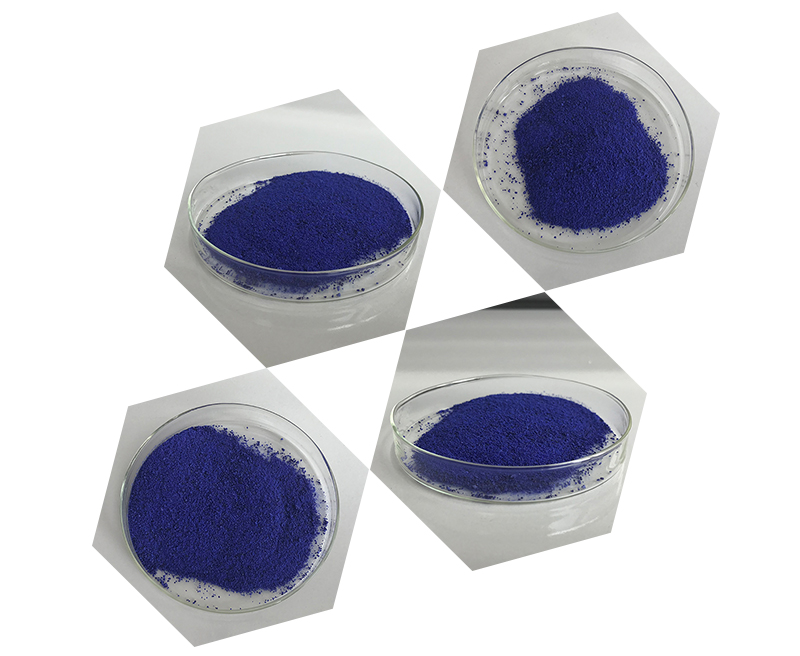Copper peptides are compounds that consist of a short chain of amino acids (peptides) combined with a copper ion. These compounds have gained attention due to their potential applications in skincare, wound healing, and various biological processes. Here’s a brief overview of their origin and properties:
Origin of Copper Peptides:
Copper peptides were first discovered in the 1970s by Dr. Loren Pickart, a biochemist. He was researching the role of copper in the body and stumbled upon the regenerative properties of copper peptides. Since then, copper peptides have been studied extensively for their potential benefits in wound healing, tissue regeneration, and anti-aging effects.

Properties of Copper Peptides:
Copper peptides are known for several properties that make them interesting in various applications:
- Wound Healing: Copper peptides have been shown to stimulate wound healing and tissue repair. They can promote the formation of new blood vessels (angiogenesis) and encourage the synthesis of collagen, a protein important for the structure and strength of connective tissues.
- Antioxidant: Copper peptides possess antioxidant properties, helping to neutralize harmful free radicals that can damage cells and contribute to aging.
- Copper Delivery: Copper is an essential trace element for various biological processes. Copper peptides can serve as a vehicle to deliver copper to cells, potentially aiding in copper deficiency-related conditions.
- Skin Benefits: In skincare, copper peptides are often promoted for their potential to reduce the appearance of fine lines, wrinkles, and other signs of aging. They may help support skin elasticity and firmness.
- Anti-Inflammatory: Copper peptides have shown anti-inflammatory properties, which can be beneficial for skin conditions like acne and rosacea.
- Collagen Production: Copper peptides are believed to stimulate the production of collagen, a protein that plays a crucial role in maintaining skin’s structural integrity and youthfulness.
- Cellular Communication: Copper peptides might help regulate cell signaling processes, affecting cellular communication and promoting healthy tissue turnover.
It’s important to note that while copper peptides have shown promise in various studies, not all findings are consistent, and more research is needed to fully understand their mechanisms of action and potential benefits. As with any compound, individual responses can vary, and it’s advisable to consult with a dermatologist or healthcare professional before incorporating copper peptide products into your skincare routine, especially if you have sensitive skin or pre-existing skin conditions.
